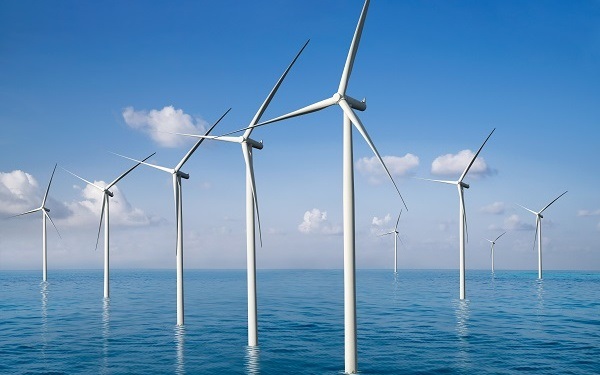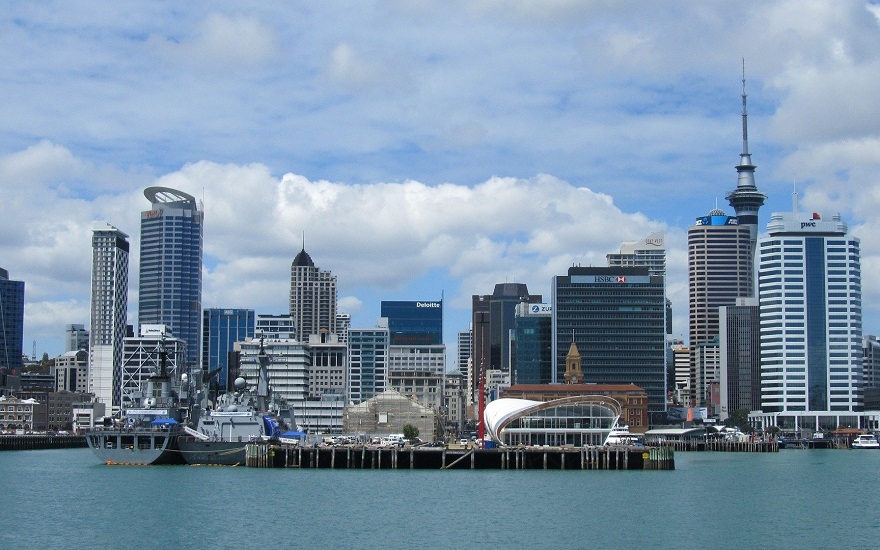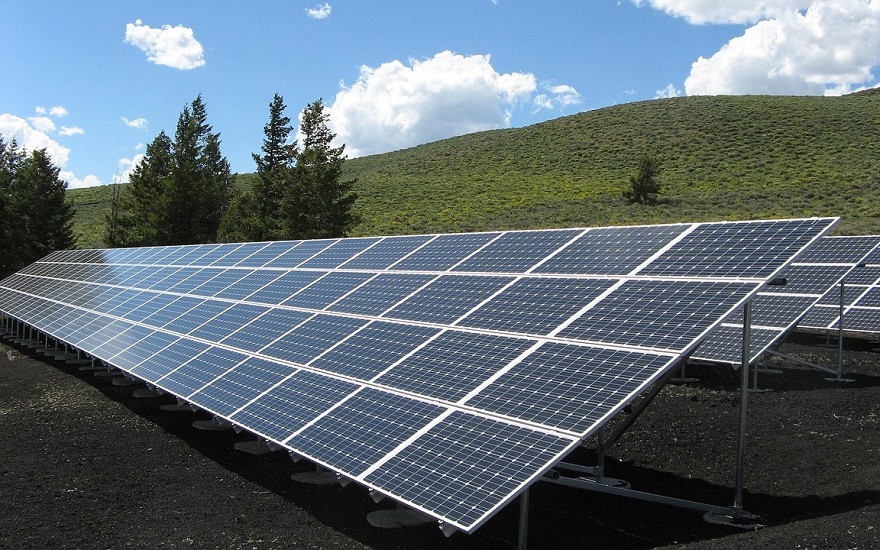Britain’s energy regulator unveils new blueprint to kickstart a green revolution and enable the decarbonisation of the nation’s energy system.
Ofgem’s Decarbonisation Action Plan pledges a fourfold increase in offshore wind generation and the infrastructure to put 10 million electric cars on the road by the end of the decade.
It also promises a crackdown on “greenwash” energy deals where suppliers exploit current loopholes to offer customers renewable energy tariffs without necessarily buying energy from renewables projects.
The plan proudly recaps the progress already made in the UK, such as reducing overall emissions by 40% since 1990. That’s more than any other advanced, industrialised economy.
But it acknowledges that significant challenges remain. For example, less than 5% of energy currently used to heat the country’s 29 million homes comes from low carbon sources. While the use of electric vehicles may need to grow from 230,000 today to 46 million by 2050.
Ofgem believes new technologies, better use of data and AI all have a critical role to play in the nation’s decarbonisation revolution. However, the regulator cautions that users will also need to adapt their behaviour too.
It admits there will be trade-offs between supporting the necessary ambitious investments in green technologies to meet the government’s net zero by 2050 target and the need to protect consumers from rising energy bills.
But the watchdog’s new Chief Executive Jonathan Brearley is adamant we don’t have a choice: “We are clear… that investing in the short-term will save money in the long-term. Not acting today will result in much higher costs in the future.”

9 Steps To Decarbonisation – Ofgem’s Plans At A Glance
Here’s a summary of the nine main action points in Ofgem’s decarbonisation plan:
- Make regulated price controls more adaptable to help network companies invest in affordable clean energy
- Establish a regulatory fund to unlock investment in solutions to tackle climate change
- Explore regulatory options to enable a fourfold increase in offshore wind generation by 2030
- Work with the government and industry to develop low carbon heating
- Review energy system management to ensure it is fit for a net-zero future
- Encourage greater flexibility in the way people use electricity, such as charging electric vehicles overnight and selling power stored in car batteries back to the grid at peak times
- Develop an energy network and strategy to power 10 million electric vehicles by 2030
- Support energy suppliers to create low carbon products and services for consumers
- Change its regulatory approach so it can take big decisions on decarbonisation faster
The regulator was recently criticised in a National Audit Office report for allowing energy companies to post soaring profits during RIIO-1, its first round of price controls. This has meant consumers paying higher than necessary bills for several years.
Ofgem claims it will make the regulatory regime for RIIO-2 much more flexible.
This would give network companies the option to ask to change their spending plans during the eight-year period to adapt investment in green technologies as the market evolves.
Reaction To The Plan
“Britain has come a long way. It has decarbonised faster than any other major economy, but we must go further, particularly on heat and transport. We are taking an approach that recognises that our role protecting consumers includes achieving net zero.
“As low-carbon renewable energy grows and more transport goes electric, the energy system needs to be more flexible to respond to peaks and troughs in both supply and demand. Our new price controls for network companies will clear the path for this, providing the incentives for investment for the future.
“It is now vital that the energy industry rises to the challenge and demonstrates how it will work with the Government and Ofgem to decarbonise Britain’s energy system at lowest cost.”
– Jonathan Brearley, Chief Executive of Ofgem
Such far-reaching proposals. will inevitably cost money. The rollout of electric vehicles could require £2 billion a year, the equivalent of £30 on every household bill. While switching from natural gas heating and hot water to alternatives such as electric or hydrogen will require huge investment.
Consumer rights organisations have warned that the cost of the transformative decarbonisation plan must be shared fairly.
“Ofgem has set out the right challenges, it now needs to deliver on them. If we don’t get the difficult decisions about the low-carbon transition right, it will ultimately be those who can least afford it who end up hardest hit.
“People need to understand why these changes are needed, they will need help and support to make those changes and strong consumer protections if things go wrong.”
– Dame Gillian Guy, Chief Executive of Citizens Advice
“It’s critical that the regulator, government and industry are aligned to decarbonise the energy sector in the journey to net zero at the lowest cost to consumers, and we both welcome and share Ofgem’s commitment to achieving this.”
– Nicola Shaw, UK Executive Director of National Grid
“We strongly agree that technology has a key role to play in the transition to net zero and welcome the ambition for accelerating the flexibility market, investing in innovation and experimentation and heat policy.
“Emerging technology has a vital role in both the energy and heat transition. The plan must therefore encourage more digitalisation and the creation of digital strategies across the sector, underpinned by a coherent data strategy.
“For example, we believe that by removing regulatory barriers for market demand flexibility services, the uptake for smart and flexible technologies will accelerate. In turn, system running costs will become lower.
“Ofgem must ensure that these changes also result in direct incentives for consumers.”
– Teodora Kaneva, Smart Energy and Utilities Lead for TechUK




